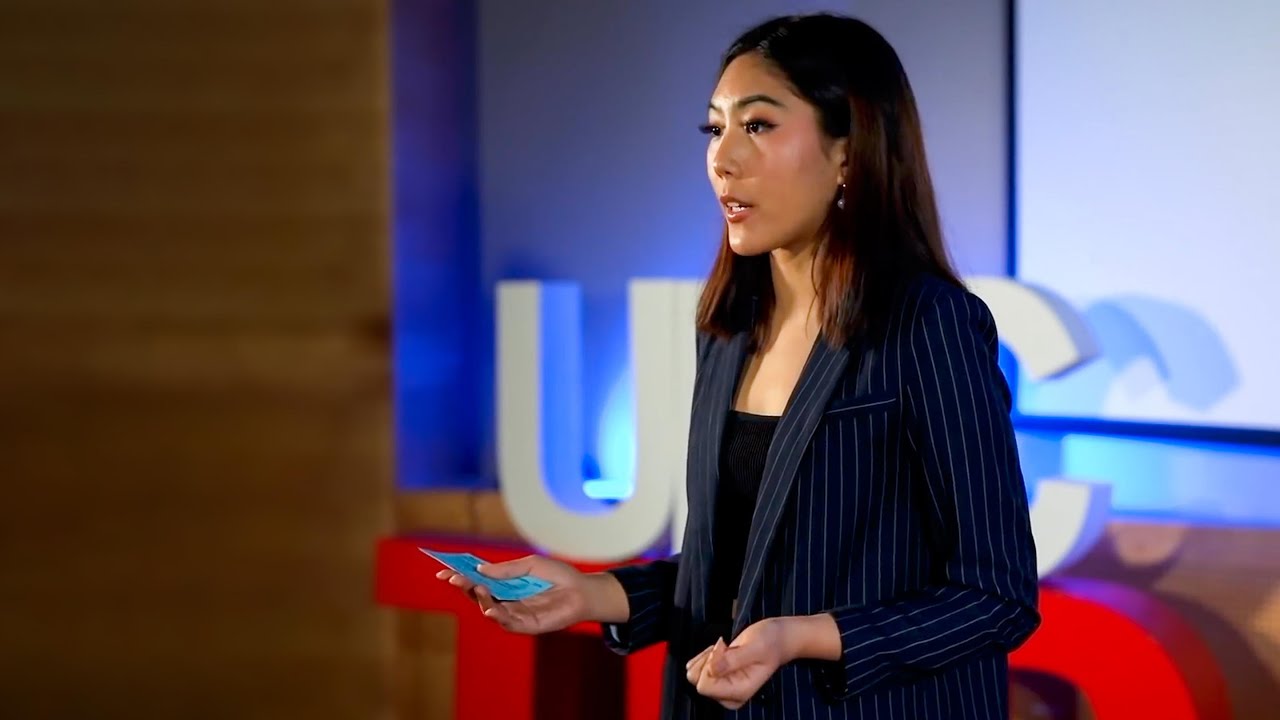LeafOnTheWind
Well-Known Member
- Messages
- 17,533
Interesting TED talk that showed up in my recommended watch list

 www.youtube.com
www.youtube.com
I just think the issue is one that has been brewing a long time and goes so much further than college. Just watch any competition reality tv show. Are we training people to become nothing more than a sad story? I would say this is a society problem and not just reality tv and college application level issues. There is so much inherent wrongness to this because you 1) have to have a major trauma before even getting out of high school and 2) have to have processed it and become a strong useful member of society before you even start out your adult life. 3) Why should people have to trauma dump at a specified time instead of their own schedule for coping with it and with whom they choose to talk to?
The comments were actually interesting to read on this one. Many commented that they refused to trauma dump and felt they were not allowed college admission because of it. Is this widening a gap if you won't trauma dump?

The Rise of the "Trauma Essay" in College Applications | Tina Yong | TED
As if college applications aren't stressful enough, disadvantaged youth are often encouraged to write about their darkest traumas in their admissions essays,...
I just think the issue is one that has been brewing a long time and goes so much further than college. Just watch any competition reality tv show. Are we training people to become nothing more than a sad story? I would say this is a society problem and not just reality tv and college application level issues. There is so much inherent wrongness to this because you 1) have to have a major trauma before even getting out of high school and 2) have to have processed it and become a strong useful member of society before you even start out your adult life. 3) Why should people have to trauma dump at a specified time instead of their own schedule for coping with it and with whom they choose to talk to?
The comments were actually interesting to read on this one. Many commented that they refused to trauma dump and felt they were not allowed college admission because of it. Is this widening a gap if you won't trauma dump?

 is not going to impress the Admissions Office, especially at a place like U.B.C., where about
is not going to impress the Admissions Office, especially at a place like U.B.C., where about  I agree that college prompts generally suck; however, as a person who has had to write prompts for writing assessments, they suck for a reason. Every prompt must be something that any person from any culture can answer. It is unbelievably limiting and means that the few topics that can be used must be presented in very broad terms.
I agree that college prompts generally suck; however, as a person who has had to write prompts for writing assessments, they suck for a reason. Every prompt must be something that any person from any culture can answer. It is unbelievably limiting and means that the few topics that can be used must be presented in very broad terms.